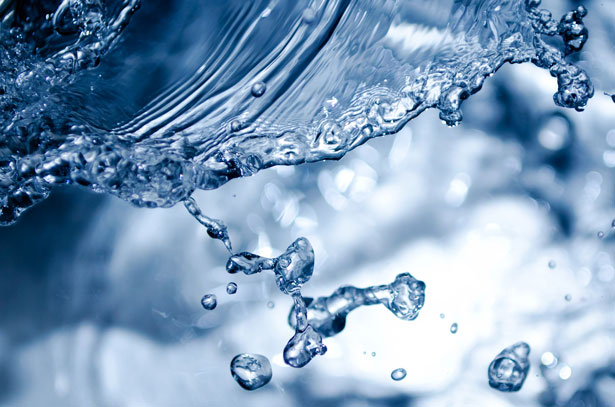
Water Damage from Window Air Conditioner
If you have a window air conditioner in your home, it’s essential to be aware of the potential water damage it can cause. While window air conditioners are great for keeping your space cool, they can sometimes lead to unwanted issues like water leakage.
Water damage from a window air conditioner can manifest in various ways, such as damp walls, peeling paint, or even structural damage. If not addressed promptly, this damage can become a breeding ground for mold and mildew, leading to further health concerns.
Table of Contents
The Causes of Water Damage
Understanding the causes of water damage from a window air conditioner is crucial in preventing potential issues. Some common causes include:
- Poor Installation: Inadequate installation can lead to improper sealing, allowing water to seep through.
- Clogged Drainage Pipe: If the drainage pipe is blocked due to dirt, debris, or algae, it can result in water overflow.
- Incorrect Tilt: Window air conditioners must be installed with a slight tilt towards the outside. Failure to do so can cause water to accumulate inside, leading to leaks.
Preventing Water Damage
To avoid water damage from your window air conditioner, follow these preventive measures:
- Proper Installation: Ensure your window air conditioner is correctly installed by a professional, ensuring proper sealing and minimizing the risk of leaks.
- Regular Maintenance: Clean the unit and its filters regularly to prevent dust and debris accumulation that could block the drainage pipe.
- Clear the Drainage Pipe: Periodically check and clear the drainage pipe from any obstructions to maintain smooth water flow.
- Monitor the Tilt: Check the tilt of your air conditioner frequently, ensuring it is tilted slightly towards the outside to allow proper water drainage.
Addressing Water Damage
If you notice water damage from your window air conditioner, it’s essential to take immediate action. Follow these steps:
- Turn Off the Air Conditioner: Immediately switch off the unit and unplug it to prevent further damage or electrical hazards.
- Dry the Affected Area: Use towels or a wet/dry vacuum to dry any visible water on the floor, walls, or furniture.
- Inspect for Mold or Mildew: Check for any signs of mold or mildew growth. If detected, consult a professional for safe removal.
- Contact a Professional: If the water damage is extensive or the unit continues to leak despite preventive measures, seek assistance from a qualified HVAC technician.
Conclusion
Water damage from a window air conditioner is a serious issue that homeowners need to address promptly. By understanding the potential causes and taking preventive actions, you can minimize the risk of water-related problems.
Remember, proper installation, regular maintenance, and monitoring are key to keeping your window air conditioner functioning optimally, preventing any unwanted water damage.


